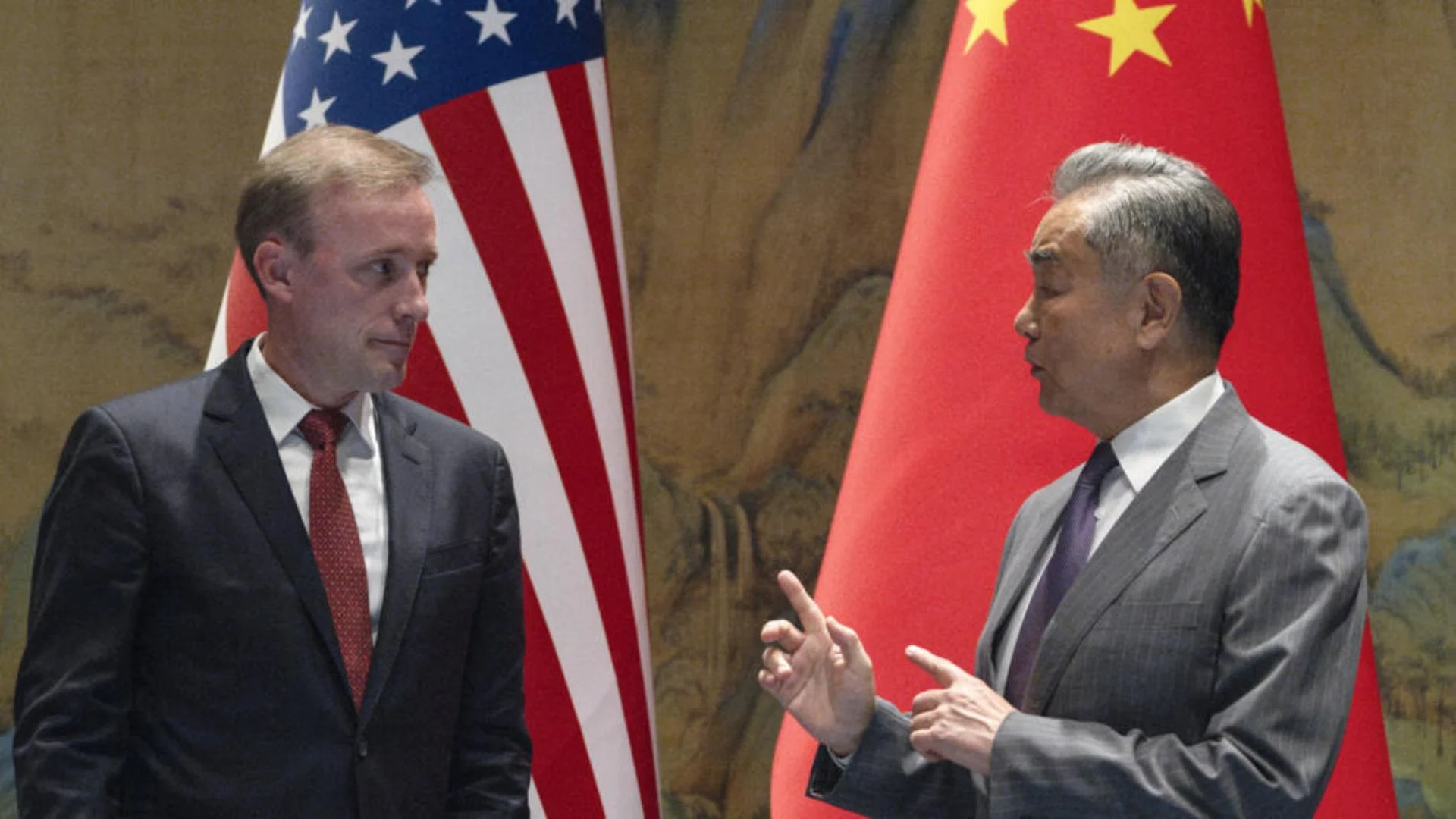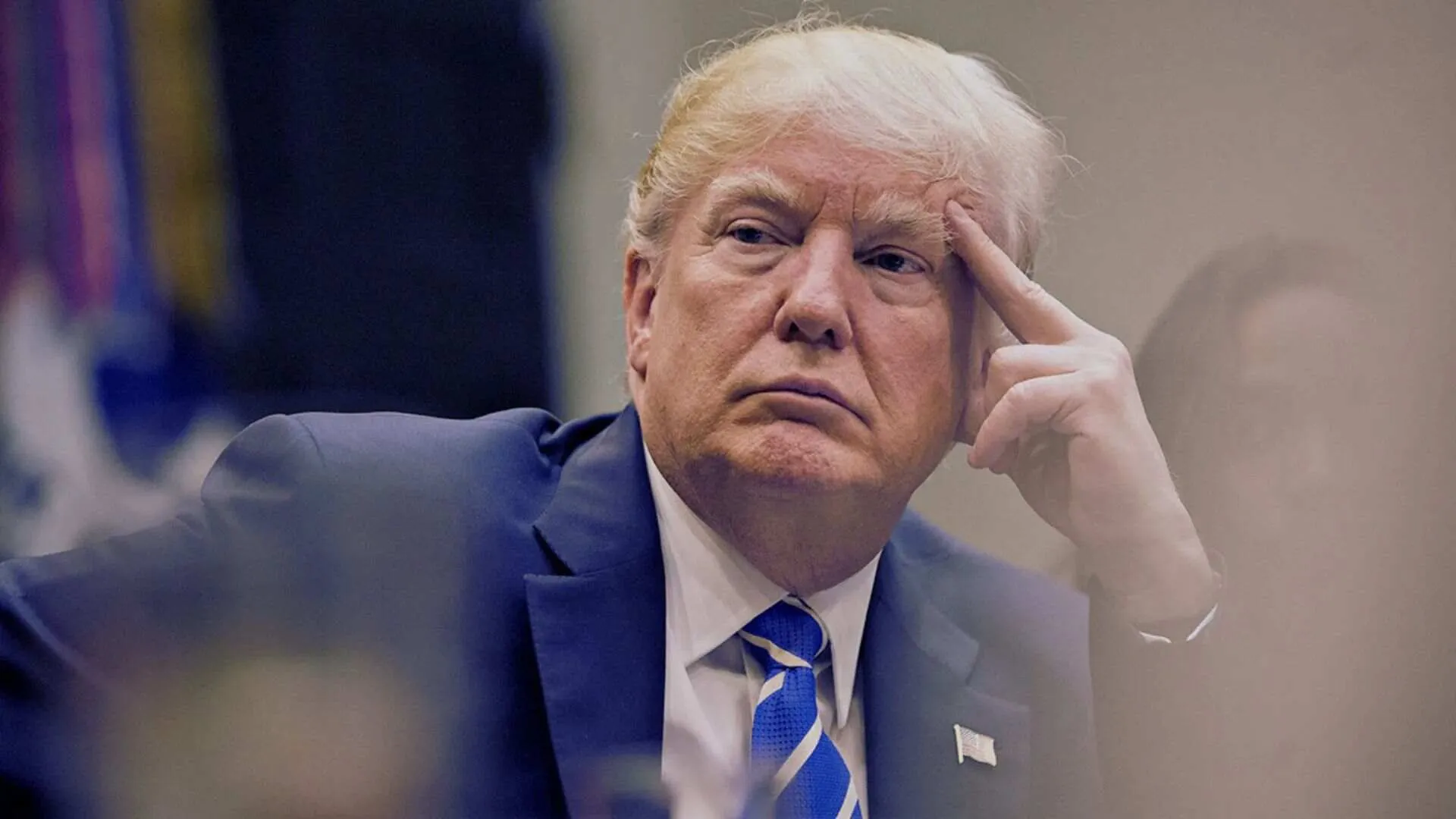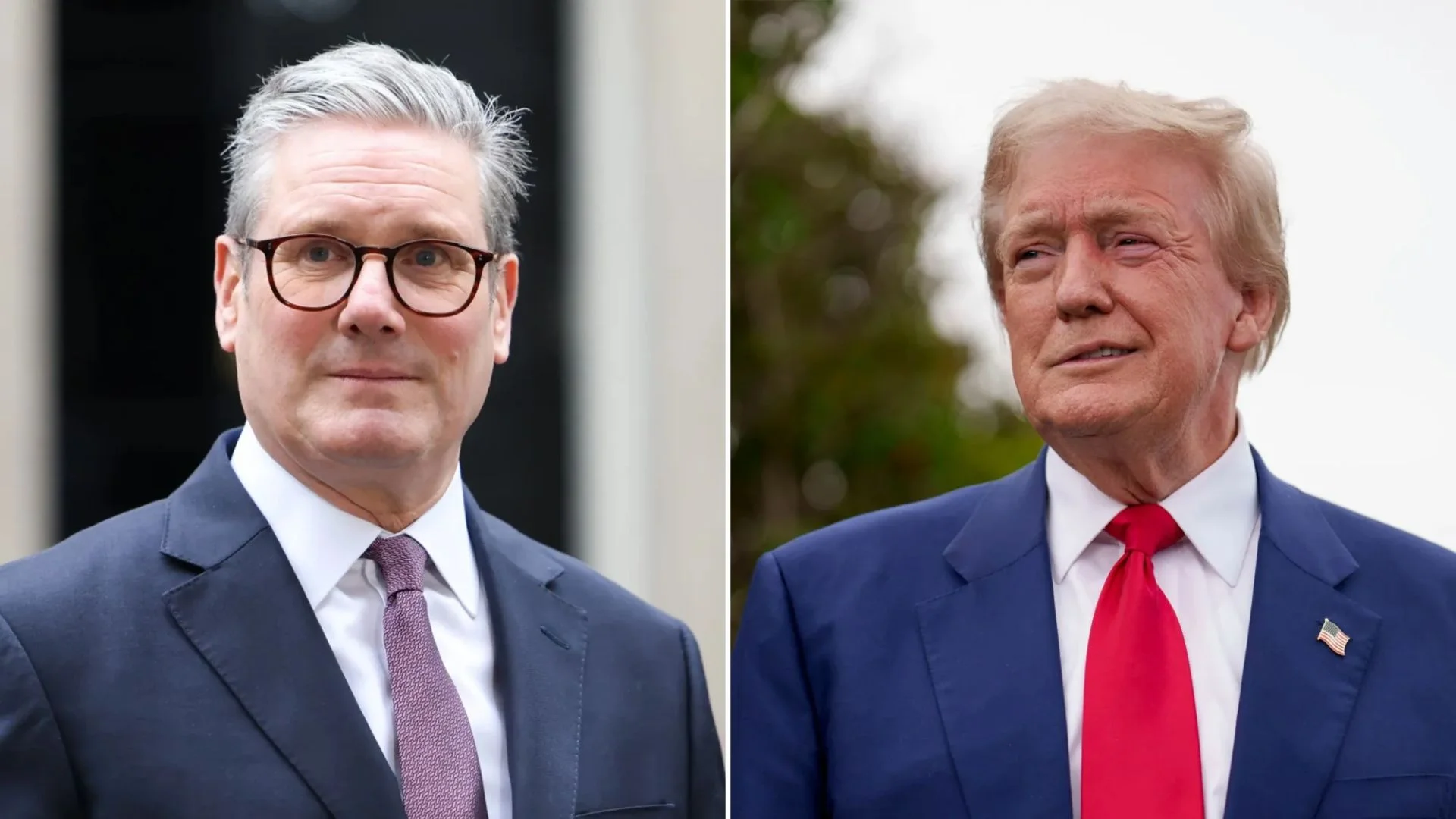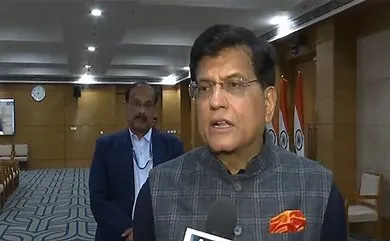US President Joe Biden’s national security adviser, Jake Sullivan, continued his discussions with top Chinese officials in Beijing on Wednesday, as part of a three-day visit aimed at reducing tensions between the two superpowers ahead of the US election on November 5. Sullivan and China’s top diplomat, Wang Yi, began their talks on Tuesday, with meetings and a dinner at a resort on the outskirts of Beijing.
Addressing a Range of Global Issues
The discussions, set to continue until Thursday, cover a broad spectrum of contentious issues. US and China are currently at odds over the conflicts in the Middle East and Ukraine, China’s territorial claims over Taiwan and the South China Sea, and trade disputes.
“Over the past few years, bilateral relations have gone through twists and turns,” Wang Yi noted during a press briefing on Tuesday. Sullivan acknowledged the complexities of the relationship, stating, “We’ll delve into a wide range of issues, including areas of agreement and those where differences remain, which we need to manage effectively.”
Biden’s Diplomacy vs. Republican Criticism
In the final months of his presidency, Biden has emphasized direct diplomacy with China to influence President Xi Jinping and manage bilateral tensions. If Vice President Kamala Harris, the Democratic candidate in the upcoming election, wins, she is expected to maintain a similar diplomatic approach. However, many analysts aligned with Republican former President Donald Trump criticize this strategy as too lenient, given China’s increasingly assertive foreign policy.
Key Issues on the Table
Sullivan aims to expand military-to-military talks with China, down to the theater command level, to prevent potential conflicts in sensitive areas like the Taiwan Strait. Additionally, the US seeks Chinese action to curb the production of chemicals used to manufacture fentanyl, a leading cause of drug overdoses in the US, and to establish safety standards for artificial intelligence.
China, on the other hand, plans to voice its opposition to US tariffs on various manufactured goods and export controls targeting Chinese chip makers. Beijing is also expected to reaffirm its sovereignty claims over Taiwan, which remains a critical point of contention in US-China relations.























